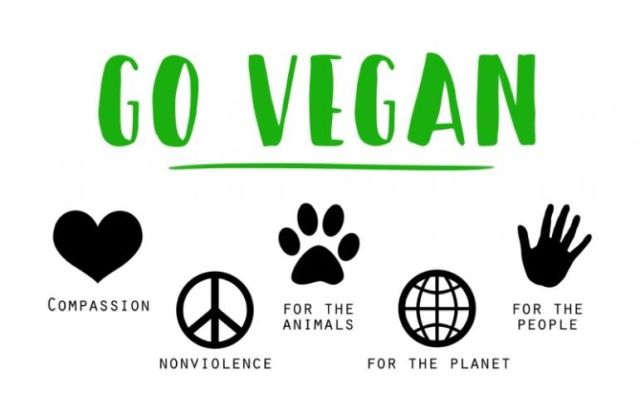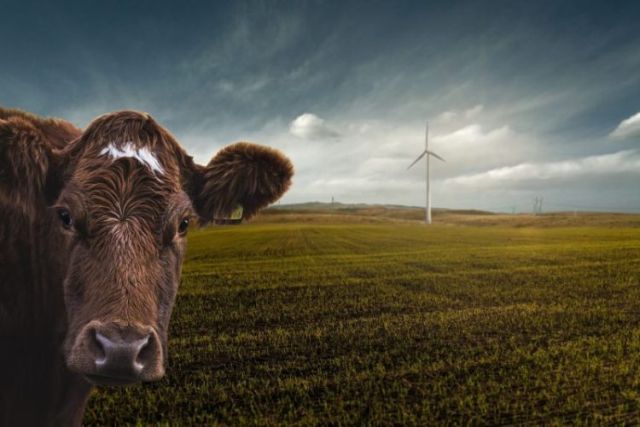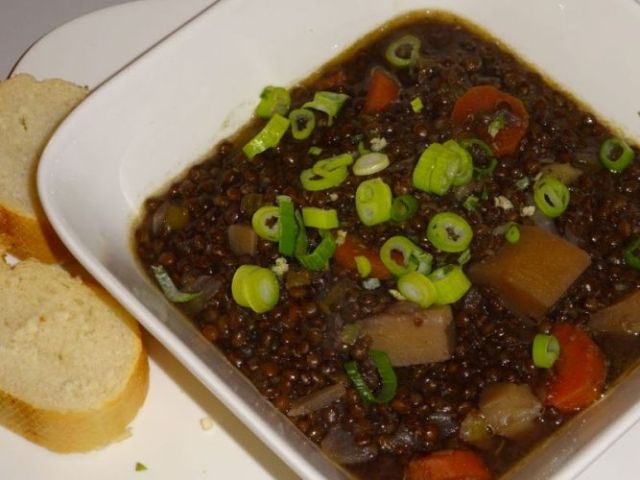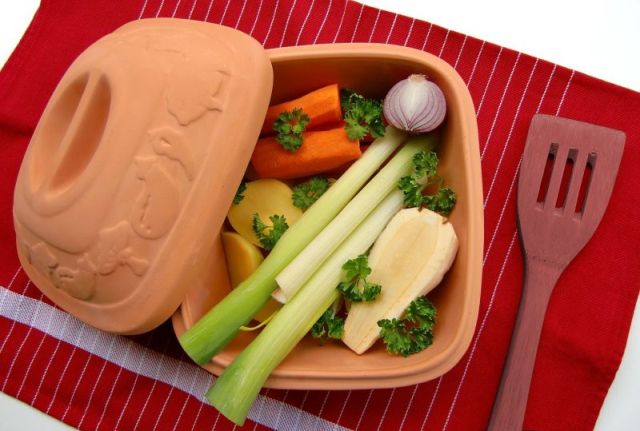This year I come across the mysterious term “Veganuary” in magazines, journals, and publications. I got curious. What is Veganuary and what is it all about? It was time to do more research.
What does ‘Veganuary’ mean?
In the word “Veganuary”, the word ‘January’ is mixed with the word ‘Vegan’.
Founded by Jane Land and Matthew Glover, a vegan couple, the event started in the UK in 2014. Every year more people take part in the campaign. In 2020 the number of participants reached 400,000, not only from Great Britain, but also from the USA, Chile, Argentina, Germany, and Sweden.

Who is participating in the ‘Veganuary’ campaign?
According to The Guardian, a record 500,000 participants signed up for this campaign this year and are eating a plant-based diet this month. Around 20% of the participants are staunch vegans, but most of the others normally consume meat or fish products on a regular basis. They give the following reasons for participating in ‘Veganuary’:
- doing something for your health,
- environmental protection and
- the conditions in factory farming.
Veganuary is supported by many celebrities such as Mayim Bialik, Alicia Silverstone and Joaquin Phoenix.
Why in January?
The year begins with good intentions. Some give up alcohol, some decide to quit smoking. So now 500,000 people all over the world have made a resolution to eat a plant-based diet in January and have registered for this campaign. This registration makes it more binding to stick to your resolution and you also know that there are many like-minded people. The non-profit organization Veganuary supports the participants with recipes and valuable information with its website veganuary.com. Everything is of course free of charge. If many people participate at the same time, it is worthwhile for companies to support this cause by offering special promotions and deals on this topic. Restaurants are also increasingly adding vegan dishes to their menus this month.
What is the goal of Veganuary?
The goal of Veganuary is of course that as many people as possible stick to a vegan diet in the long term and avoid animal products as much as possible. And thus protect the environment and animals. Companies are being prompted to rethink their approach and put climate protection at the top of the list, thereby protecting our planet and improving human health.
What are the effects of 1 million people eating vegan for a month?

If 1 million people stick to a plant-based diet for just one month, it will have the following positive effects, according to Helen Harwatt of Harvard University’s Animal and Policy Program:
- we will save about 103,840 tons of CO2 (this corresponds to almost 15,000 trips around the world by car.)
- About 6.2 million liters of water are saved (that’s about 1/2 million toilet flushes)
- Approximately 3.4 million animals are spared the trip to the slaughterhouse
This is how you take part in the Veganuary
Even if January is almost halfway through, it is of course still worthwhile to take a look inside. You can register for free on the Veganuary website (www.veganuary.com) and receive the Veganuary Celebrity Cookbook as a free download. There is also a daily email with tips that should make it easier for you to switch to a purely plant-based diet. Of course, you can continue in February, choose another month for you or make a note to participate in the coming year.
What to look for in a vegan diet:

If you are vegan, you have to make sure that you have an adequate supply of nutrients! The following foods are high in protein, calcium, iron, and omega-3 fatty acids:
Protein intake (otherwise ensured by meat): broccoli, Brussels sprouts, lentils, peas, beans, pumpkin seeds, almonds
Calcium supply (dairy products): mineral water, algae, poppy seeds, almonds, chickpeas, tofu
Iron supply (meat): amaranth, flaxseed, quinoa, oat flakes, spinach
Omega-3 fatty acids (fish): linseed oil, rapeseed oil, walnut oil, chia seeds
Vitamin B12: Nutrition experts consider a higher daily dose to be appropriate. Sauerkraut, fermented soy products, shiitake mushrooms as well as root and tuber vegetables contain traces of vitamin B12. Herbal alternatives such as the green alga Chlorella is also an additional source of vitamin B12. However, if deficiency symptoms occur, vitamin B12 supplements can also be used.
With these, you should make sure that they do not contain any ingredients such as lactose or gelatine and that the vitamin B12 preparation is marked as vegan.
An easy recipe to start with
An easy-to-cook but super tasty vegan dish is this hearty lentil soup.

Sources:
veganuary.com
- Cook Pork Shoulder In A Crock Pot - August 28, 2022
- 10 Easy and Delicious Italian Ground Beef Recipes - July 2, 2022
- Homemade Italian Meatballs - June 25, 2022




